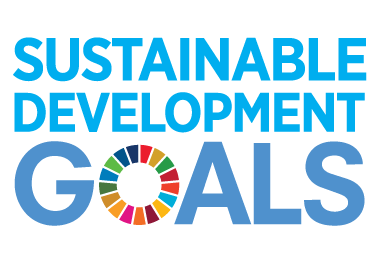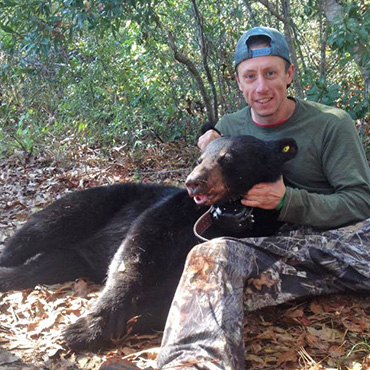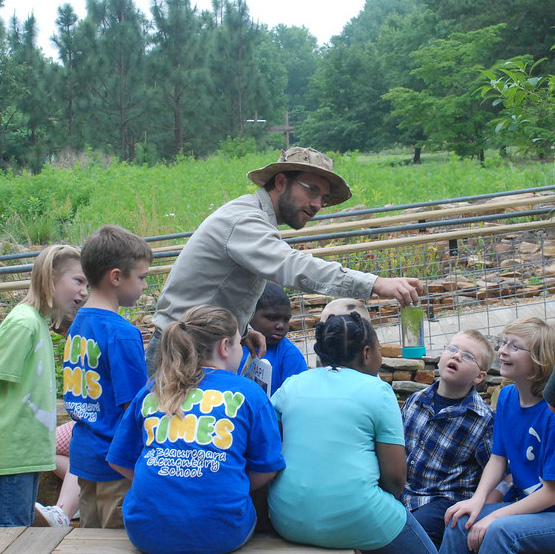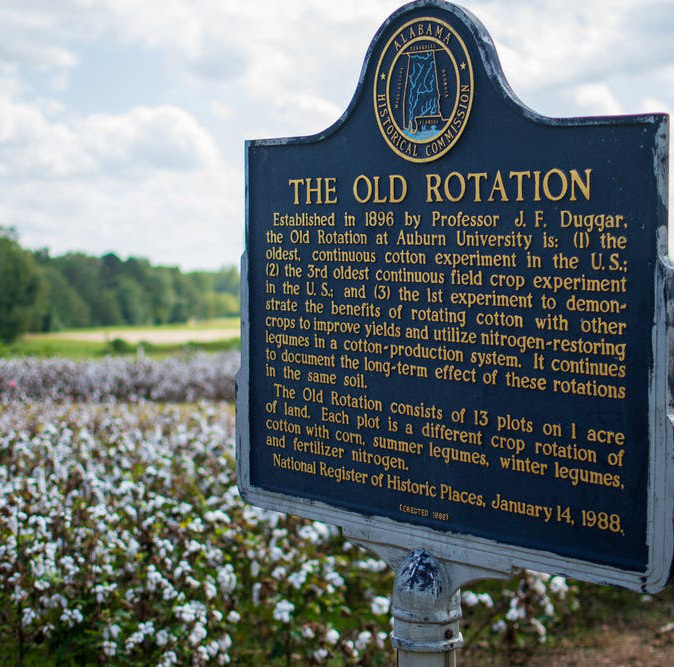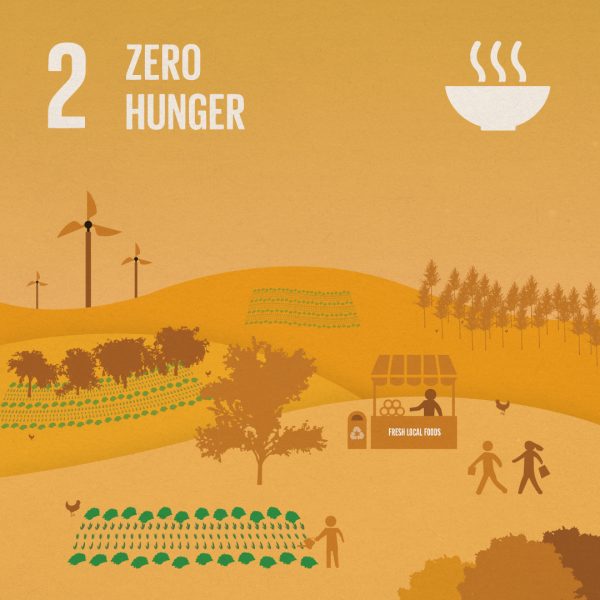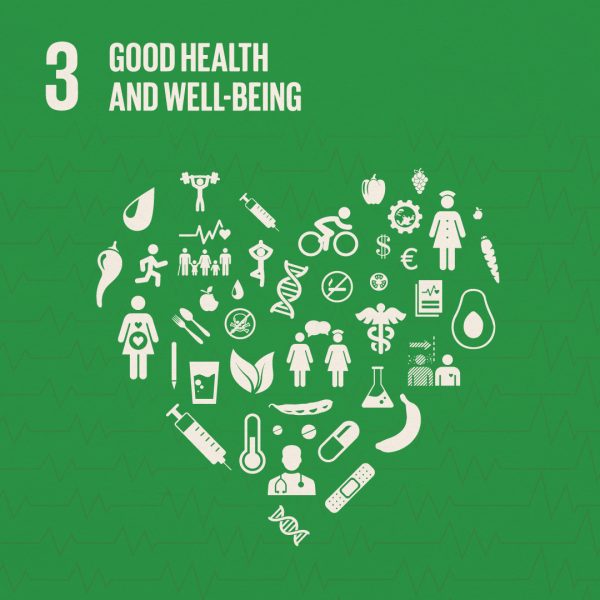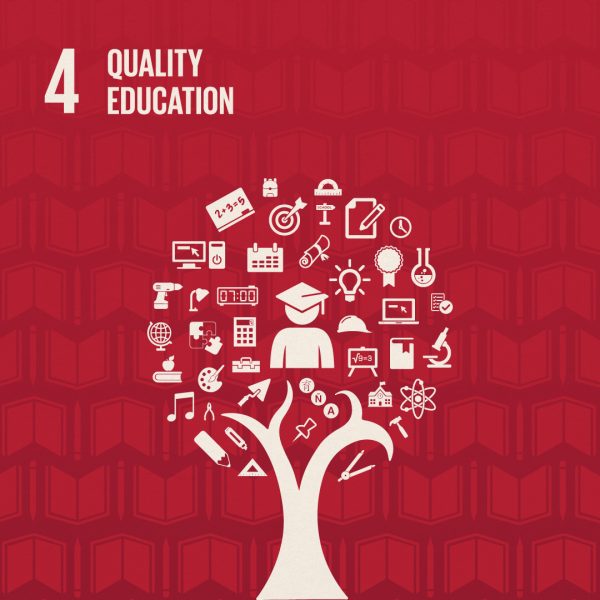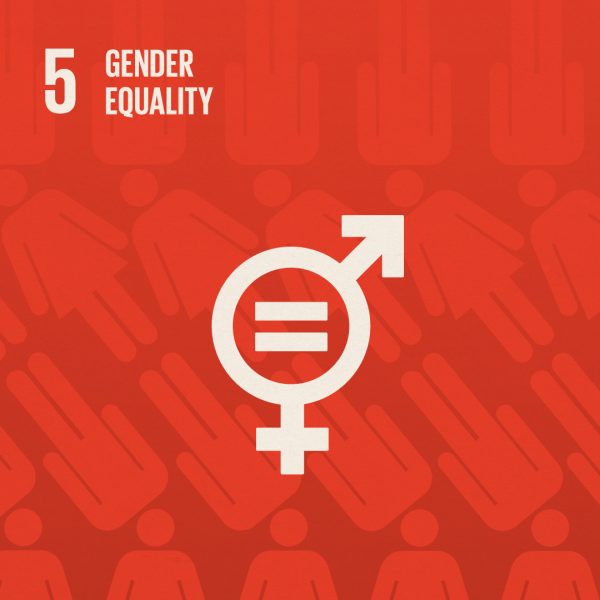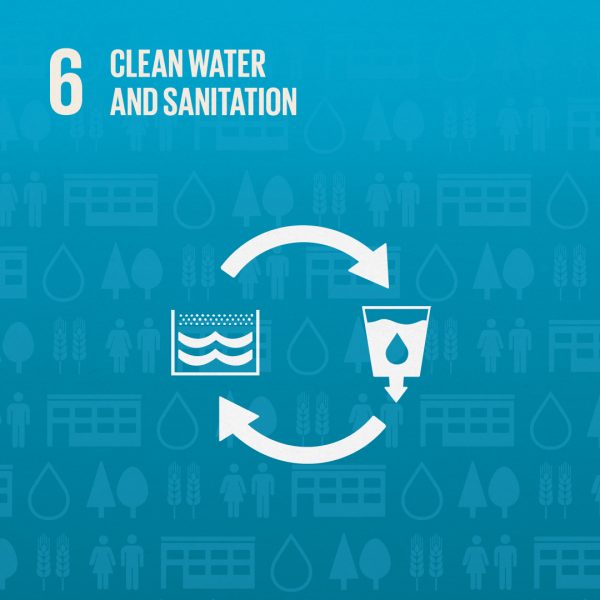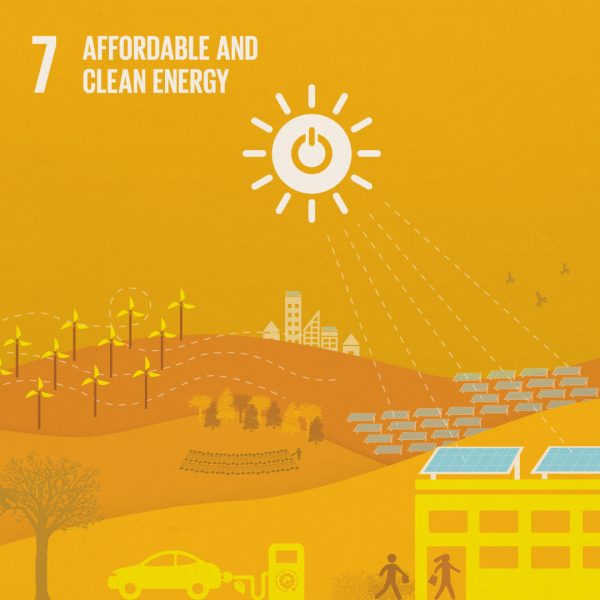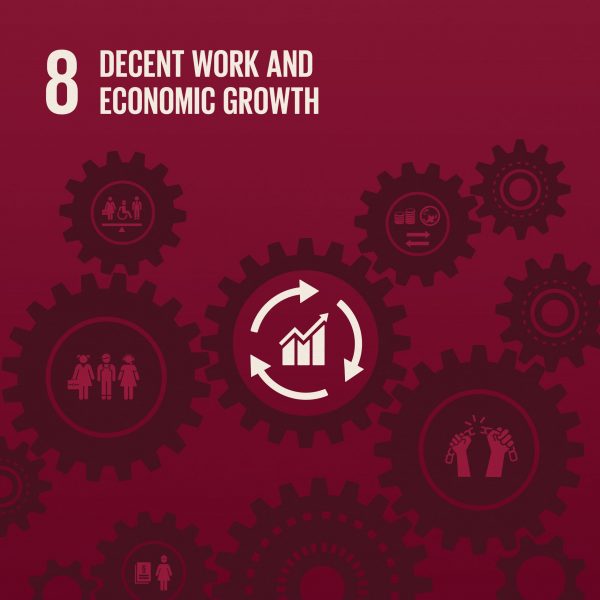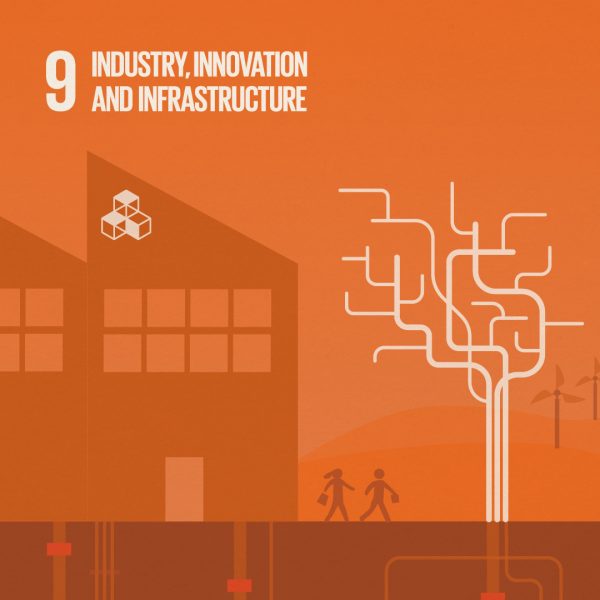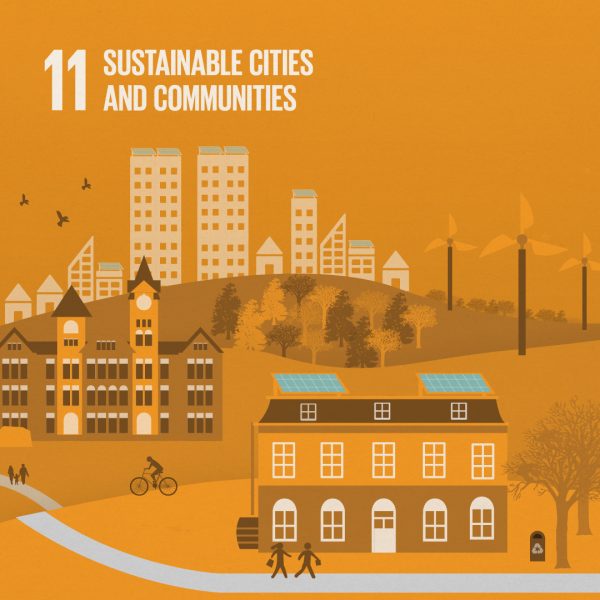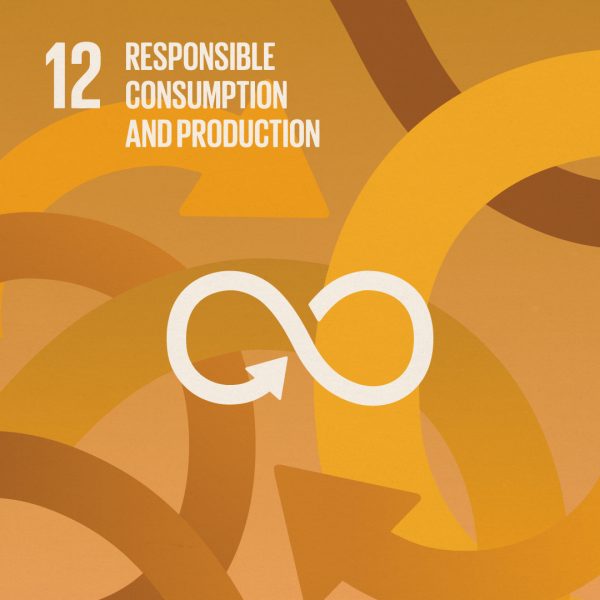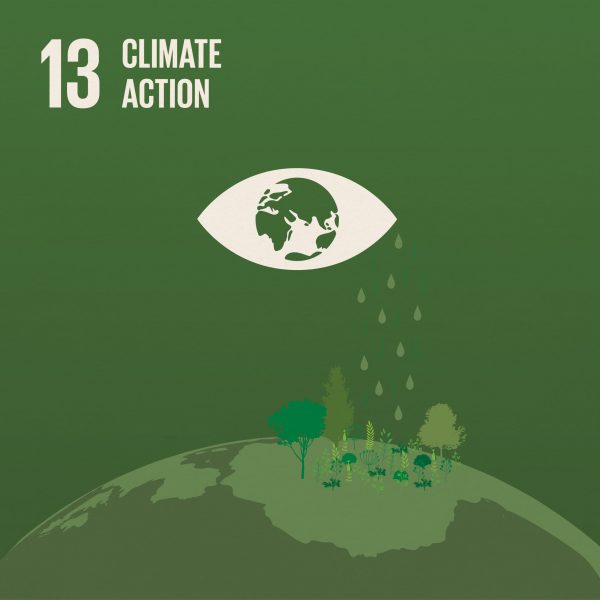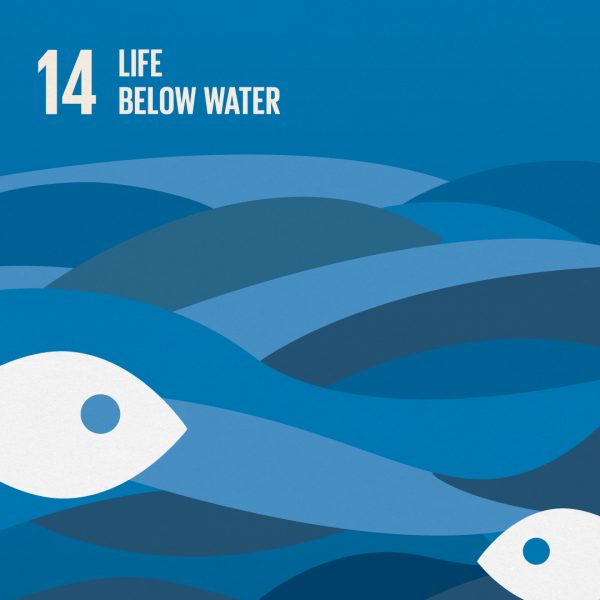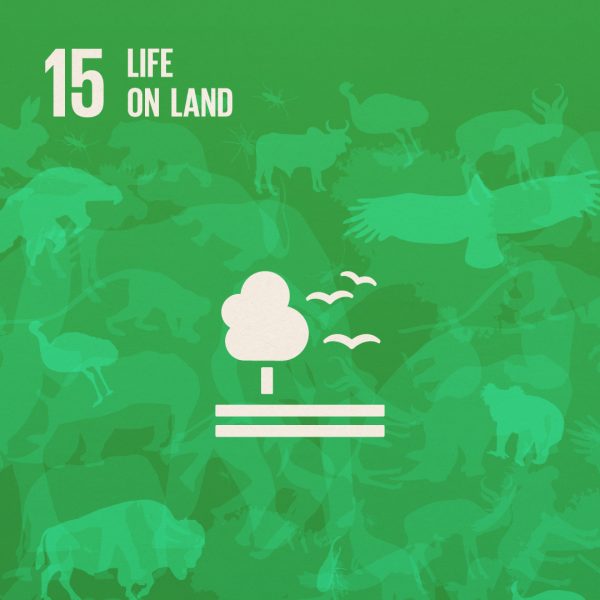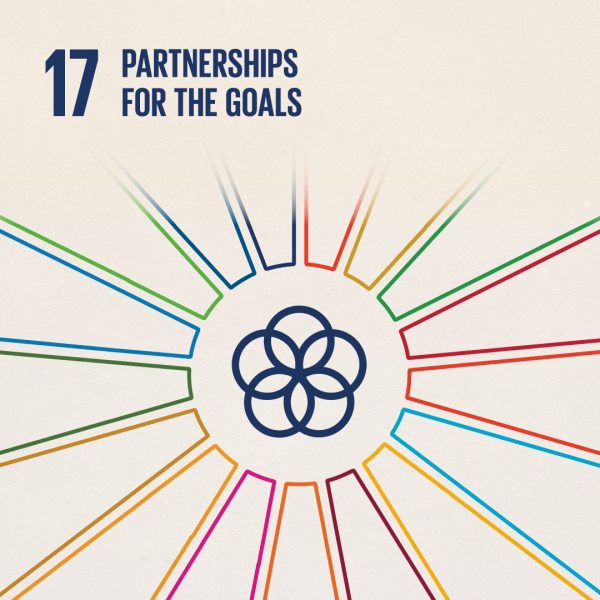Karen on a hike with her family By Camille Colter, Office of Sustainability Karen McNeal is a professor of Geosciences within the College of Sciences and Mathematics, hired as one of the first disciple-based education researchers (DBERs). DBERs conduct nontraditional disciplinary research on education. Karen’s work focuses on understanding how…
by Becki Retzlaff Every Earth Day I am reminded of two things. The first is when I was a teenager, and my friends and I volunteered to plant trees at a park near my home in Michigan. We labored all day to carefully plant little pine tree seedlings in long…
by Kaylee Dimock, Office of Sustainability On Thursday, January 26th, the Office of Sustainability and Kreher Preserve & Nature Center hosted Plant Ahead: A Tree Planting Event with volunteers from the College of Forestry Wildlife and Environment as well as the community. In total, 63 workers and volunteers came together…
by John Kush Anyone who has moved about Auburn in last few years has noticed the continued growth of our community. With this growth, we continue to lose valuable green space and tree canopy, which negatively impacts the ecological function of our local environment. Water filtration decreases with an increase…
by Meleah Montgomery, Office of Sustainability Universities draw students because of exceptional academic programs, job opportunities, and most importantly, the environment on campus. Grounds are a crucial component of an institution because it is the first thing students observe when visiting and serve as a daily route for thousands of…

